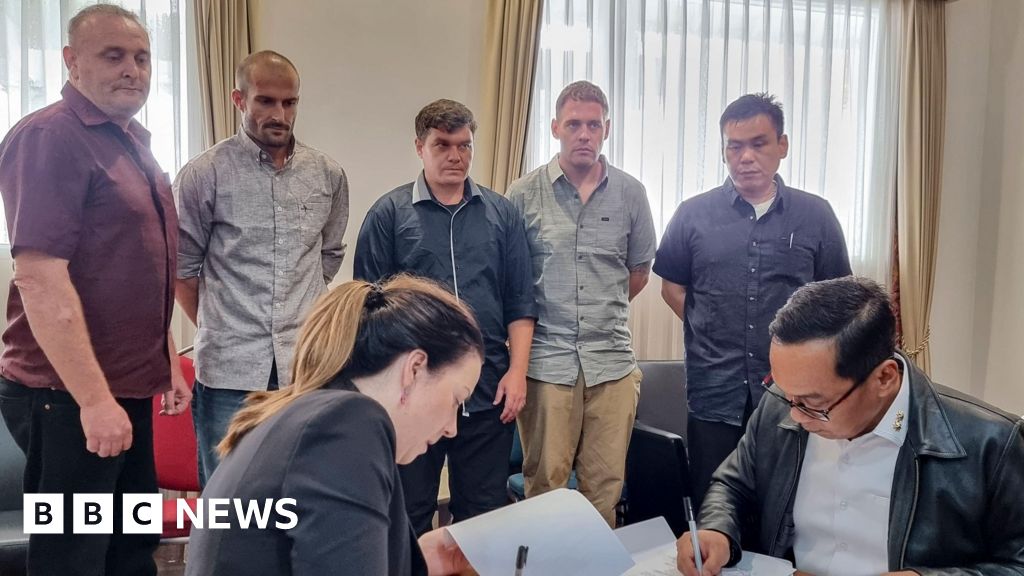The Federal Government, through the Ministry of Agriculture and Food Security, has secured over $600m in foreign agricultural loans in 2024 to boost food security and rural development.
According to information from the ministry’s website, the government obtained a $134m loan facility from the African Development Bank to enhance seed and grain production nationwide.
“The Federal Government has secured a loan facility of $134m from the African Development Bank to help farmers boost seeds and grain production in the country,” the statement read.
In addition, the Federal Government, through the Rural Access and Agricultural Marketing Project, secured a $500m loan from the World Bank bringing the fund to $634m.
The initiative, aimed at bridging the gap between rural communities and larger markets, will improve access to agricultural hubs, schools, and hospitals while fostering social and economic development in rural areas.
The Minister of State for Agriculture and Food Security, Aliyu Abdullahi, outlined the conditions states must meet to access RAAMP funds, including establishing functional Roads Funds and Roads Agencies.
RAAMP National Coordinator, Aminu Mohammed, highlighted the project’s focus on rural infrastructure:
“The primary objective of RAAMP is to improve rural roads and trading infrastructure to boost food production,” Mohammed said.
The project, currently active in 19 states, will allocate funds competitively based on socioeconomic indicators, readiness for implementation, and co-financing commitments by states.
The initiative also seeks to improve women’s representation in the transport sector through the establishment of Rural Access Road Authorities.
The next phase of RAAMP will involve a $500m investment from the World Bank, supported by $100m in counterpart funding from federal and state governments.
Despite the Federal Government’s efforts to boost agricultural activities through mechanisation, irrigation facilities, and provision of funds in some cases, farmers across Nigeria have criticized its agricultural interventions as selective and poorly implemented.
Many claim the initiatives primarily benefit connected individuals, excluding smallholder farmers who form the backbone of Nigeria’s agricultural sector.
Kaduna-based farmer La’ah Dauda described the interventions as “highly selective,” adding, “Even the information is limited. They create awareness only in areas they favour. How favour you attract new farmers if others are excluded?”
In Abuja, Ifraimu Dauda, Chairman of the All Farmers Association of Nigeria, noted the high cost of irrigation farming and limited government support:

 2 hours ago
28
2 hours ago
28















 English (US) ·
English (US) ·